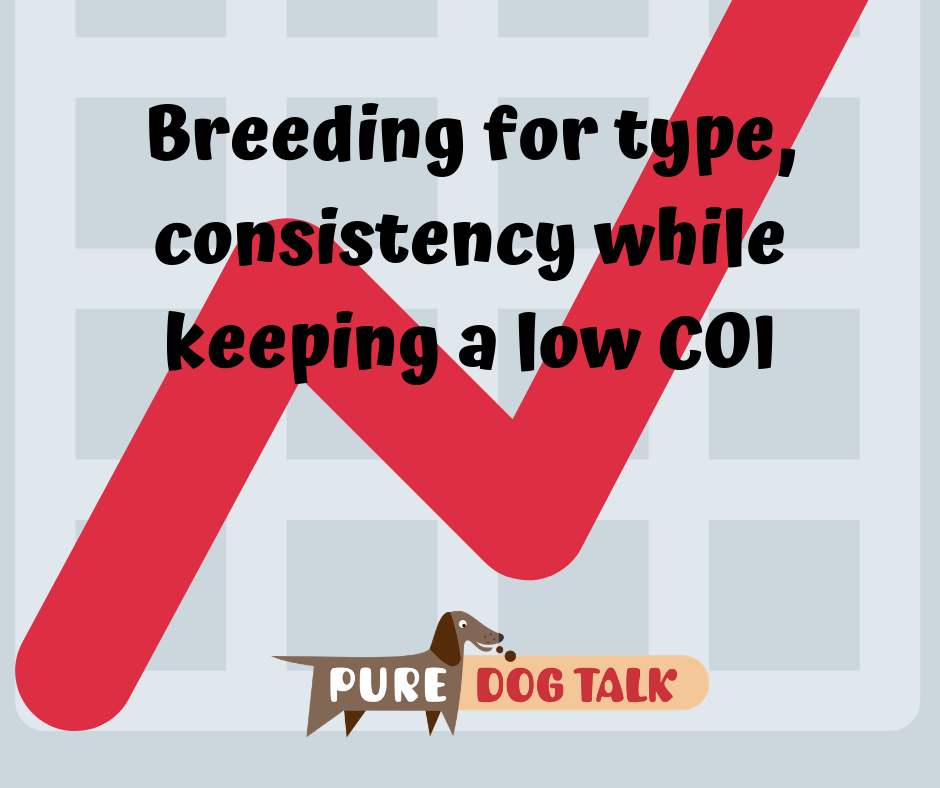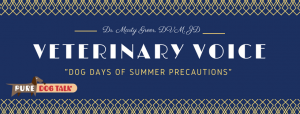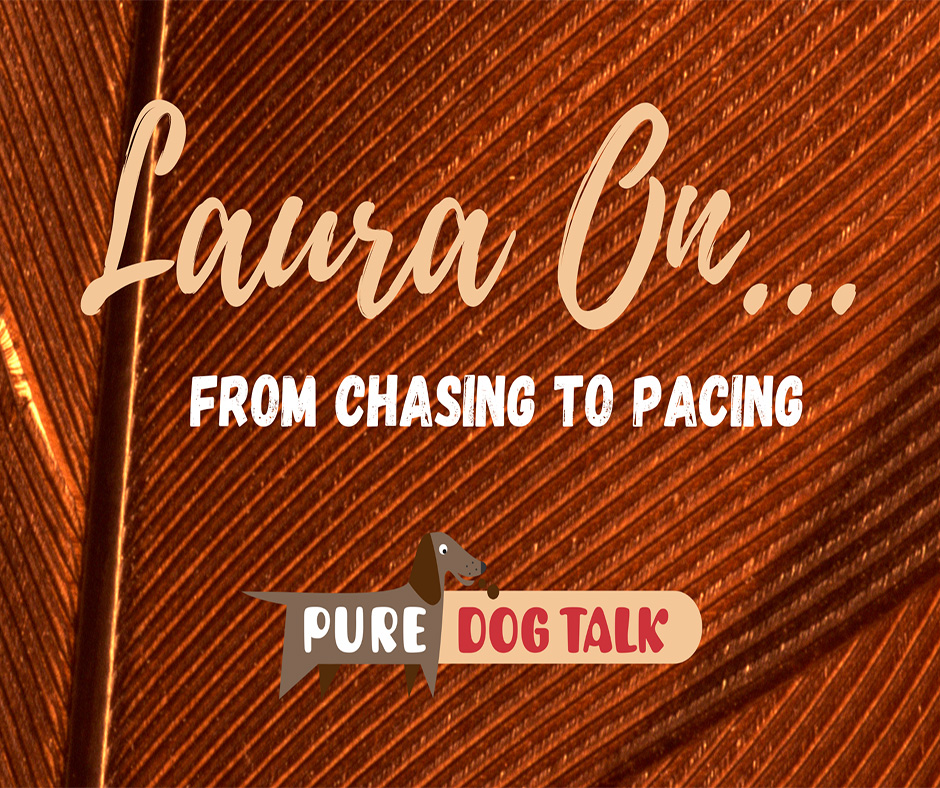309 — Breeding for type, consistency while keeping a low COI

Breeding for type, consistency while keeping a low COI

Dr. Victor Stora, veterinary medical geneticist, with some of his Shetland Sheepdogs.
Victor Stora, Shetland Sheepdog breeder, AKC/CHF Residency Recipient and Veterinary Geneticist at University of Pennsylvania, shares concrete information on breeding for type and consistency of style while keeping a low COI (Coefficient of Inbreeding).
Stora observed that many breeders fall in to one of two categories.
“People might fall in to health testing too much and losing type, or you have people ignoring health because they’re getting the type they want. The happy medium is where people should be,” Stora said.
Health test all you want, Stora noted, but keep in mind it doesn’t mean the dogs are free of disease… just all the ones you can test for. What are the really bad diseases that affect a breed, he queried, adding that the more “lethal” diseases get higher priority.
Health testing and COI are tools
“Once you get to the point that you have the animals that you’ve screened, choose the ones that have the least problems health testing wise and are most like the type you desire,” Stora recommended. “Health testing is a tool, not a meter to eliminate animals because they don’t pass the bar.”
He also strongly recommends incorporating carriers of some diseases in a breeding program. “If you eliminate carriers, assuming the carrier has no disease, you’re removing dogs that are healthy. You can zoom in *too* much on health testing, and lose what you had in the beginning.”
We don’t have all the answers yet
Stora also noted that the primary diseases we want to know about, epilepsy, cancer etc, we don’t have an answer and that they are likely environmental, plus genetic.
When it comes to autoimmune disease, Stora said the breeder’s goal is to have more genetic variation to combat it.
“Outcross to a point, line breed to a point. Watch what’s happening. If you don’t choose for fertility, you’re choosing against it. Fertility is a heritable trait,” Stora said. “Nobody got into this because it’s easy. It’s not.”
Finally, Stora counseled to stop breeding affected dogs once the breed or line has started making headway against that disease.
“If the disease is rare within a breed, never breed affected because you don’t have to. If it is common within the breed, you have to use affected,” Stora said.
Our goals as breeders, Stora noted, should be to breed with knowledge, move with testing, breed away fromthe disease state, lower the frequency you see the disease causative allele. Move toward a goal of no disease.
Our Valued Corporate Sponsors:
Our Esteemed Advertisers:
Our In-Kind Supporters:
KNOWLEDGE IS POWER — FRANCIS BACON
When you become a patron of Pure Dog Talk you’ll tap into an exclusive community of experts to help you and your dog be blue-ribbon best at whatever you do with your purebred dog! Your support helps keep the MP3's rolling at Pure Dog Talk!
As a supporter, you’ll immediately gain access to the weekly Pure Pep Talk SMS, Pure Pep Talk private Facebook group, and priority emails. Patrons can choose to level up to the After Dark Zoom and a Patrons Digital Badge for their website— even a private counseling session with Laura on any topic.

DON'T MISS AN EPISODE!!













Excellent podcast! Very informative.
Good advice